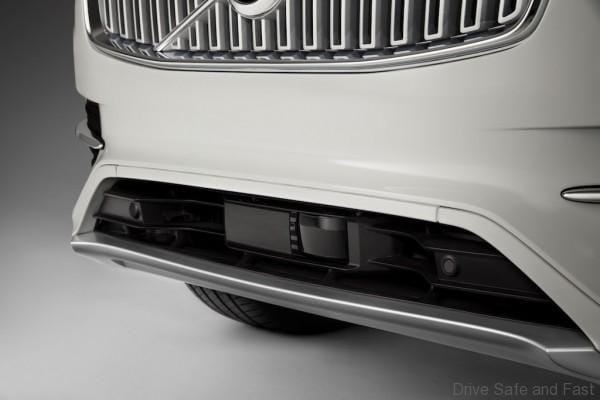Back in March 2019, Volvo Cars announced that it would put a speed cap of 180km/h on all its cars produced after a certain date in 2020. Well, guess, what? That date has now come, and it’s just a couple of days ahead of the launch of the locally-assembled Volvo S60 too!

The top speed ban will effect all cars coming out of the factory starting today, but smaller CKD-assembly operations may not yet be affected. They will have to clear all the CKD packs ordered from other factories first and may not go through the trouble of reprogramming the software to include this new top speed cap. Given the speed cap is not retroactive, your currently owned Volvo won’t be reprogrammed with this new speed cap, at least not to our knowledge.

Why is Volvo imposing a 180km/h top speed limit?
To be fair, the Swedes are not the first to put an electronic limit to their top speeds. Many premium German cars have a Gentlemen’s Agreement to limit their top speeds to 250km/h. There are many reasons for that particular limit, but one of them is that it’s a compromise between giving customer access to high performance motoring, while reducing the temptation to find the speed limit of one’s vehicle on Autobahn.

For Volvo Car, safety is a huge part of the brand identity. Given that speeding is one of the three major areas of concern for traffic safety (the others being distraction and intoxication), the company feels compelled to put this measure in place. 180km/h is honestly more than enough speed for public roads, especially in Malaysia where national interstate speed limits tend to hover between 90-110km/h. Even the occasional blast of the throttle for safe overtaking manoeuvres won’t require you to hit that top speed.

The 180km/h limitation also comes with a Volvo Care Key. This key allows owners to set customised speed limits on their vehicles. Useful for when inexperienced drivers or valets are behind the wheel.
Besides safety, I personally feel there are a couple of other reasons that may be incidentally beneficial for Volvo Cars themselves.
First of all, the company would be able to say with more confidence that their adaptive cruise control works at any speed with this lower limit. whenever the company provides autonomous driving or even adaptive cruise control functionality, having a lower speed limit of 180km/h would allow them to say with confidence that the system works at the car’s top speed. As it stands, their Adaptive Cruise Control works up to 200km/h even on T8 models capable of higher speeds. Development of future autonomous technology, coming to SPA2-based models, will also benefit in a similar way.

A second reason might be related to electrification. Volvo Cars have committed themselves to electrification. Every new car they launch will be either a hybrid or a plug-in hybrid. In the near future, they may bring all-electric technology from Polestar into Volvo’s own models.

Electric motors are GREAT at providing instantaneous torque and superb acceleration. However, where electric motors perform quite poorly is at the top end.
Take the recently revealed Dyson prototype. That thing was fast for a 2.6-ton 7-seater (it could do the century sprint in 4.8 seconds) but only had a top speed of 200km/h. Not only do some electric motors struggle at higher speeds, but they also consume way too much power at high speeds. It’s generally agreed that internal combustion engines are more efficient at high-speed driving and highway cruising.